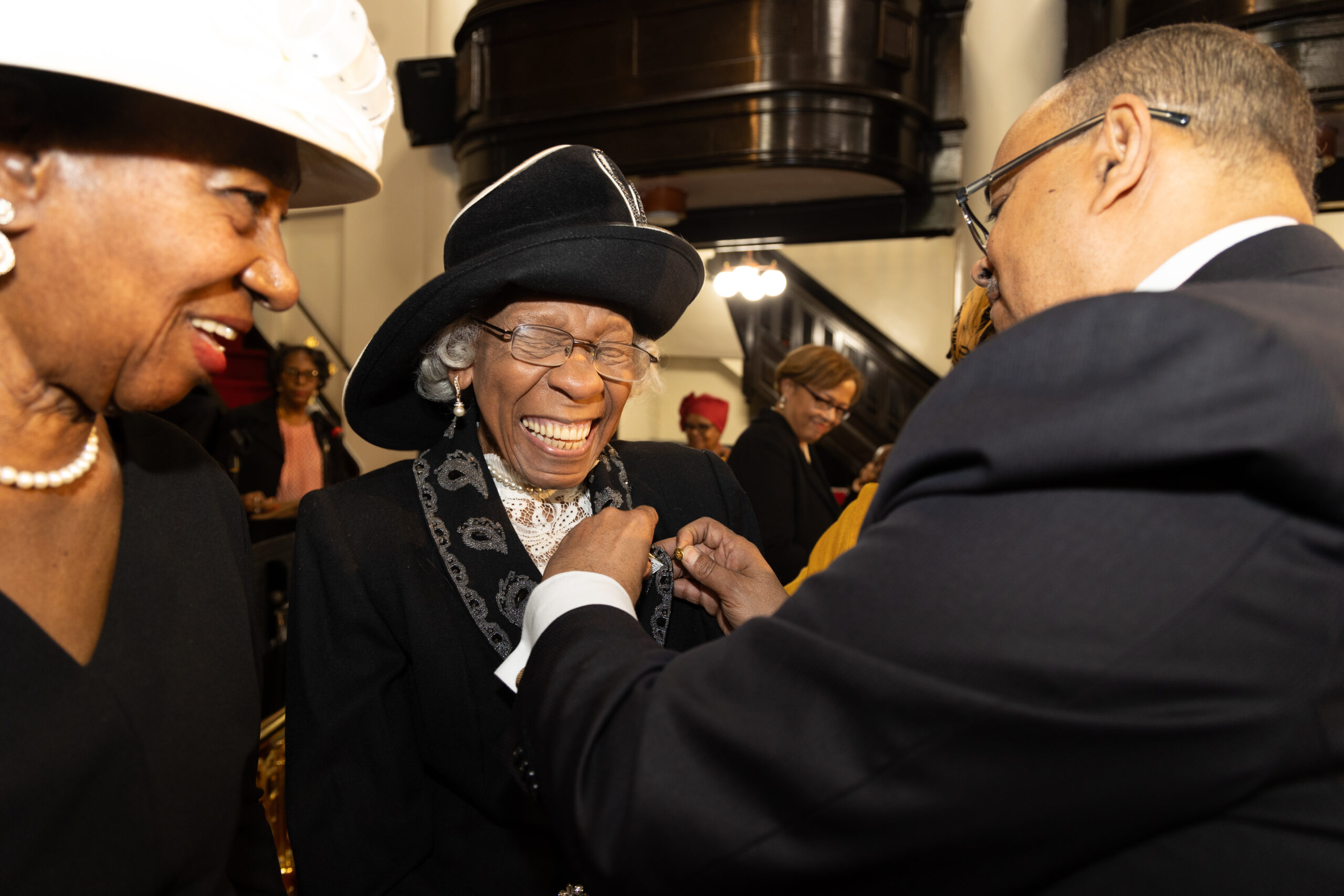Christian Nationalism?
By Ore Spragin, Editor, The Christian Index
There is a camp that says America is a Christian nation and there is another that says we are not. In between are both those who say we once were a Christian nation but are no longer and those who say we never were but should be. At the center of all this is the idea of Christian nationalism. I wanted to see if or what others may have thought or said on this topic so I keyed it into the Google search bar. Not only is this a well-addressed topic but, you guessed it, there is a website called Christian Nationalism. This has not changed what I have already planned to say in this editorial but let me just share briefly some of what the search descriptions reveal.
Nationalism is a feeling of pride in or about one’s own country that at its extreme believes one’s own country is superior to other countries in culture, ideology, goods and produce, people, and other things. Christian nationalism is a type of nationalism that is associated with the religion of Christianity. It focuses on internal politics and its advocates seek to pass laws based on their particular views of Christianity and how it relates to politics and society. Christian nationalists believe that Christians have a divine right to rule. The goal is a society that favors Christianity as understood by them and it does not matter how or through whom this goal is achieved.
It has long been debated whether the Founding Fathers were Christians with the general conclusion being that some were Christians but certainly not all. The history of gross national theft and mistreatment perpetrated by those who first entered this land occupied by First Nations peoples, and thereafter continued by the power elite upon the politically, economically, and physically poor and enslaved, belie any notion that America is a Christian nation.
If we are NOT a Christian nation, why are we trying to keep people out based on their supposed religious nationality, as if somehow pretending their religion is in conflict with our national integrity? If we are a Christian nation, how can we not be hospitable to the stranger and foreigner among us or dare to deny them entry into our country without justifiable cause other than just because? The Old Testament implored Israel to be kind to the stranger in their midst, as they were once strangers and foreigners in Egypt. They even came out of Egypt a mixed group, consisting of all who wanted to go with them. These were instructed to abide by the laws that governed Israel. As well, they were to respect and sometimes be subject to, Israel’s religious practice. Consider regulations regarding feast days versus those regarding sacrifices.
While I agree there is a lot that has been and remains Christian about our nation, I contend that we have not been—nor can we presently Constitutionally become—a Christian nation. I ask the reader to consider these things as proofs: Why were the words “under God” removed from the modern recitation of the Pledge of Allegiance? When was the last time you recited the Pledge? Why was prayer lawfully removed from schools and other public places? What happened to the public practice of faith, even the Christian faith, by those in public office? When or where is the example of Christian morality exercised by the national government as a whole?
Why are the descriptions of Jesus’ ministry as seen in Luke 4:18-19; the ministry of compassion by those who would follow after him as seen in Matthew 25:35-36; the ministry of love as seen in Leviticus 19:34, 1 John 3:17, and compacted in Romans 13:9-10 not readily seen in the practices and policies of our government? Mind you, I know there is a lot that our government does for the poor that if stopped would have a huge negative impact on too many people to imagine. Just imagine, however, how much better off many more might be without the presence of self-seeking, Christian nationalists.
There is no room for Christian nationalism in Christianity. The term is an oxymoron. Yes, if we are going to see Christian principles practiced or applied in public policy, we must have unashamed Christians in public positions. In no way, though, am I suggesting that we ought to or can be a Christian nation. For on the surface, there is too much apparent diversity in the understanding and practice of this faith for there to be unanimity in any concrete public policy. The presence of so many denominations under the one umbrella of Christianity should retard any such thinking. There can be and must be, however, unanimity in the application of Christian principles to the practice of politics and to the resulting public policies. At present, this clearly is not happening.
Israel sought sanctuary from other cities and countries as they journeyed. David found a home among the Philistines (though this might serve as much as a warning as an example of what it is to let the stranger in. David fought on both sides of the battle depending on whether the Philistines were fighting Israel). The New Testament church diaspora led to the spread of the gospel and the building of the church into a global presence.
There has always been tension between God’s people and others (idolaters) but self-willed antagonism and violent confrontation seem to have come from evil, misogynistic hearts of greed or angry pride on both sides of the fence. In the course of time, where there have been pockets of desires for peaceful coexistence, this has been accomplished to the glory of God, the good of humankind, and the building up of humanity. Those coming from other places can potentially teach America much about what it is to be human and Christian and can in their freedom be assets to American society as a whole.





